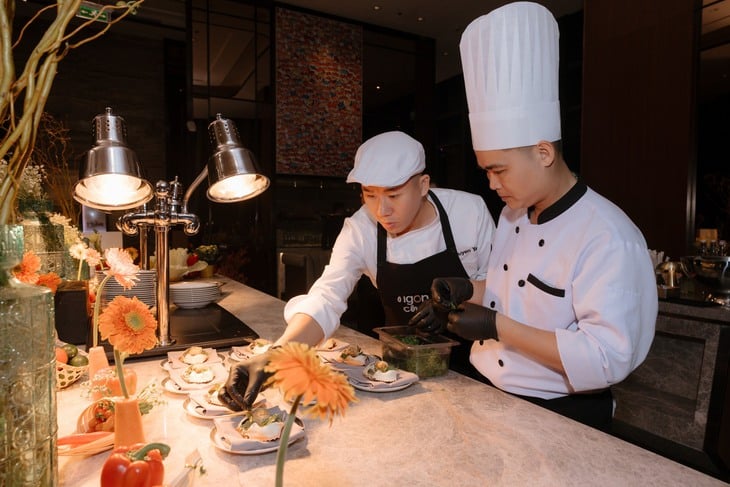
A generation of young Vietnamese chefs is introducing to the world unique dishes made from local ingredients - Photo: NL
This assertion was made in the report The Future of Food 2026 by Marriott International, at the same time revealing a panoramic picture of the strong transformation of the culinary industry in the Asia- Pacific region with a focus on Vietnam.
When wild vegetables and sea salt are on the menu of 5-star hotels
The newly published report shows that diners' habits and expectations are changing profoundly, from simply looking for delicious food to wanting a holistic experience where comfort, emotion and local identity become central.
Vietnam is emerging as one of Asia's most dynamic culinary destinations, not only thanks to its strong economic growth, but also due to the profound transformation of its culinary industry.
According to Marriott International, The Future of Food 2026 is a study conducted at 270 hotels in 20 markets, with the participation of more than 30 leading chefs, mixologists and food editors in the region.
“A new culinary language is emerging in Asia, where quality meets comfort, class meets experience,” said Petr Raba, vice president of food and beverage for Asia Pacific (excluding China), Marriott International.
At the same time, another trend is taking shape: the third generation of Vietnamese chefs, born into culinary families, trained in Michelin-starred restaurants abroad, now returning to Vietnam. They bring with them creative thinking, international techniques and national pride to redefine Vietnamese cuisine in a modern and integrated direction.
In the next few years, experts predict that Vietnam will witness an explosion of fusion-style restaurants, combining the best of Japan, Europe and local ingredients - accurately reflecting the spirit of "globalization with Vietnamese identity".
The report also sees indigenous ingredients returning to the center.
In an era of globalization, chefs are rediscovering the core value of cuisine: local ingredients. Exploiting regional products not only brings distinctive flavors but also helps tell rich cultural stories.
85% of Marriott hotels in the region have introduced local ingredients or dishes to their menus. Chefs are not afraid to rediscover wild vegetables, sea salt, wild seafood or local grains, bringing them to the fine dining table with modern techniques and a respect for heritage.
“Celebrating local ingredients is not just a trend, but also a commitment to sustainable development, helping to reduce carbon footprint and support indigenous farming communities,” experts affirm.
Vietnamese Pho has been elevated.
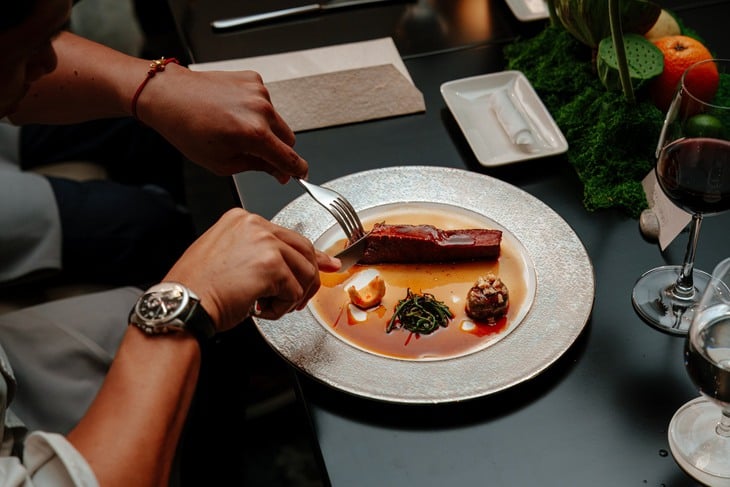
Cu Chi beef with soy sauce is a chef's creation that elevates local ingredients - Photo: NL
The highlight of the overall market landscape is Asia emerging as the new culinary hub.
More than just a dynamic consumer market, Asia is becoming a source of global creative inspiration. Indonesia, the Philippines, Vietnam and mainland China are reported to be “emerging culinary destinations”, where local identity blends with a youthful and creative spirit.
Vietnam is especially mentioned as a typical example: rich cuisine, diverse regions, and a generation of young chefs who are combining international techniques with Vietnamese soul, bringing traditional dishes to the world.
The appearance of Michelin Guide in Hanoi, Ho Chi Minh City, Da Nang and the consecutively honored restaurants are proof of the outstanding growth potential of this market.
Many famous chefs from Singapore, Japan, and Europe have chosen Vietnam as their new destination. A typical example is Singaporean chef Chris Wong, founder of Miss Saigon restaurant. Vietnam has just been honored by Condé Nast Traveler magazine in the list of "50 most worth-experienced culinary destinations in the world". In the magazine's promotional video, Vietnam is ranked at the top of the Asian region, alongside India, the US and European countries.
The Future of Food 2026 report shows that in a post-pandemic world, food will no longer be a sideline to tourism, but a core experience linked to culture and lifestyle. Global diners will come to Asia not only for delicious food, but also to feel the spirit and story of each land.
"And in that trend, Vietnam, with its abundance of ingredients, the creativity of young chefs and the appeal of its identity, is facing the opportunity to break through and become the leading culinary destination in the region," Mr. Petr Raba affirmed.
AI opens a new chapter for the culinary industry
Artificial intelligence (AI) is changing the way restaurants operate and design customer experiences. With AI, chefs can analyze real-time customer feedback, adjust menus and prices dynamically, and even predict seasonal taste trends.
The report said 76% of Marriott hotels in the region have implemented AI-powered reservation management technology, while 75% said social media significantly influences guests' decisions about where to eat.
Although technology helps increase productivity, Mr. Petr Raba emphasizes that the human element is still the "soul" of cuisine: "Technology can support the experience, but emotions and hospitality are irreplaceable values."
Source: https://tuoitre.vn/viet-nam-dang-tien-gan-diem-den-am-thuc-hang-dau-chau-a-20251019195404175.htm








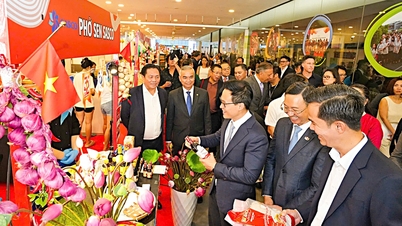
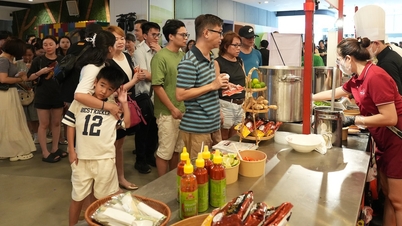
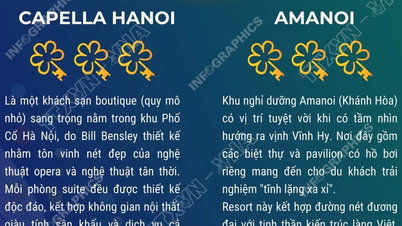

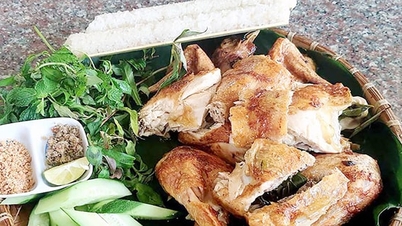

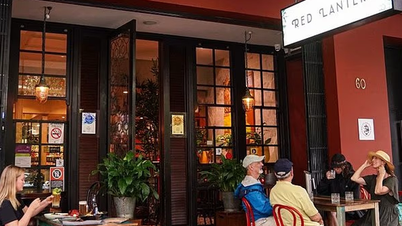

























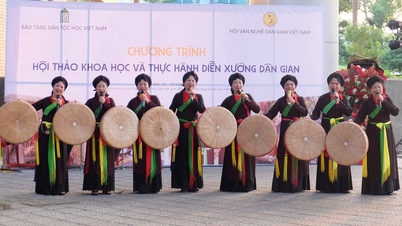



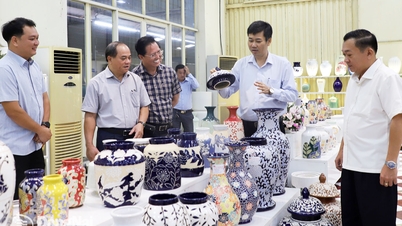






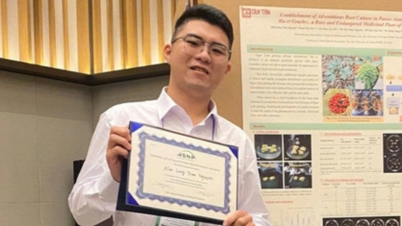


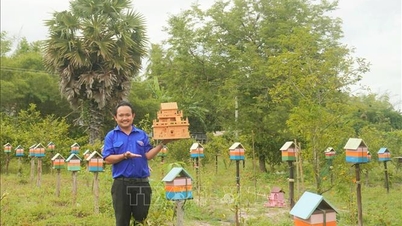


















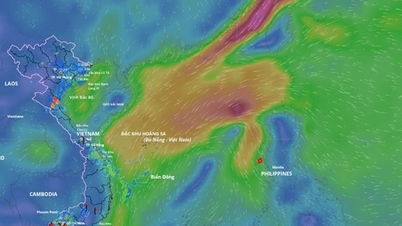















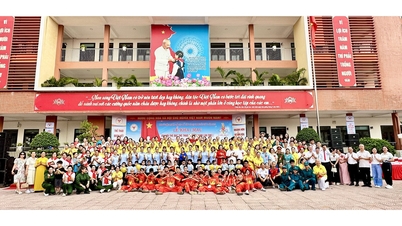














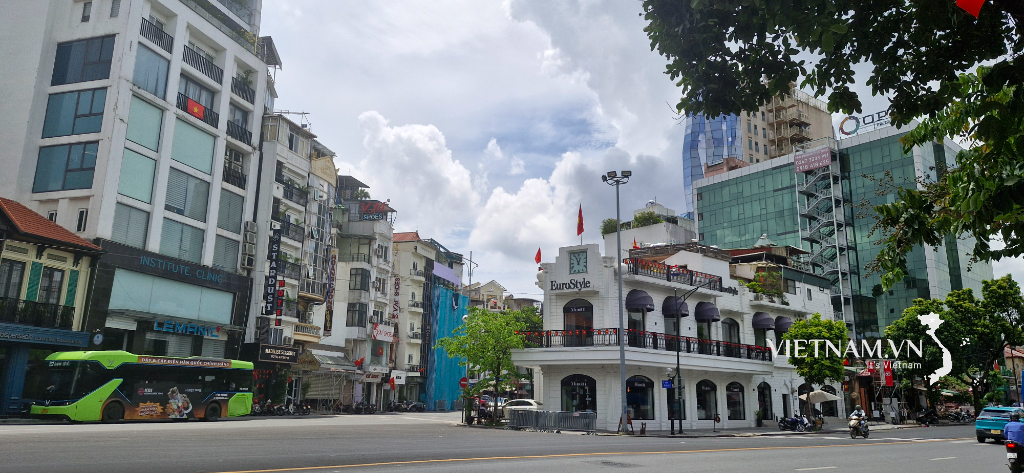

Comment (0)